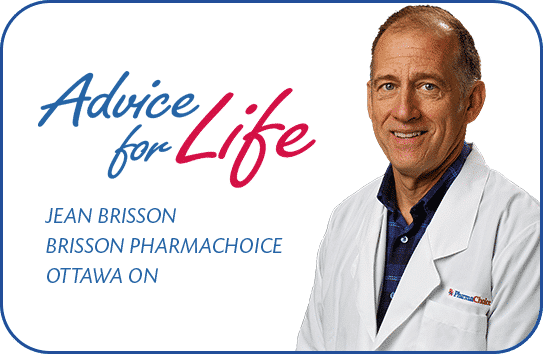Our eyes are generally pretty good at taking care of themselves. However, eye care should be part of your regular routine. Vision will decline with age, but we can prevent damage and slow the decline. Take time to perform daily care for your eyes, and continue to take in the wonders that sight can bring.
Protecting your eyes should be a consideration whenever you start your day. Right after you check the weather or start an activity, consider how to keep your eyes healthy. Sunlight really takes a toll on your eyes. Winter glare off the snow will reflect a great deal of the sun’s harmful rays into your eyes, where summer grass reflects far less. Sunglasses that block UV light are just as important in winter as they are in summer. Winter is also a season where your eyes may feel dry and uncomfortable due to the wind, cold and less humid conditions. Eyewear for winter activities may include snow goggles for sports or activities where your eyes need protection from blowing snow, but even if you aren’t so active, winter eyewear should provide side protection.
Rest your eyes, look away and make sure you blink regularly. We used to be concerned about watching television, but computers and cell phones are of greater concern. Gone are the restful commercial breaks – technology now fixates your eyes in rapid movement on a bright screen, closer to your eyes than ever before.
Ensure your eyes are well lubricated. Dry air in winter, blowing wind, and not blinking enough, are reasons why you may have dry eyes. Dry eyes become more common as you age, but some chronic conditions and medications may aggravate or be the cause. If you are taking medication or have a medical condition, additional monitoring of eye health may be required. Pharmacists can provide assistance reviewing medications that may contribute to dry eyes. Your PharmaChoice pharmacist can help you select eye drops to treat dry eyes, and supplements to maintain good eye health.
Addressing eye care requires consideration of your overall health. Eye care requires regular visits to your health care team, including your doctor and optometrist. Monitor and discuss any changes in vision to a healthcare professional as soon as possible. Eye damage can progress quickly. Immediately seek professional advice for any eye symptoms beyond mild irritation or discomfort, or if symptoms persist.



